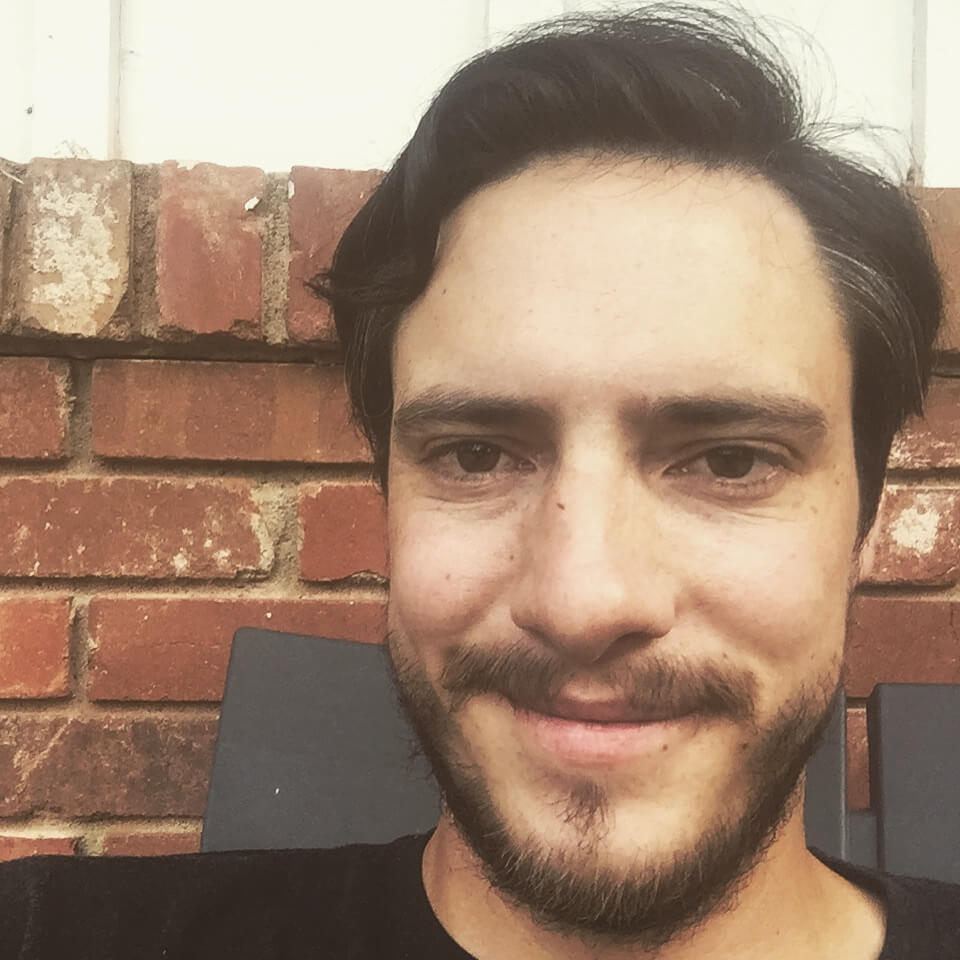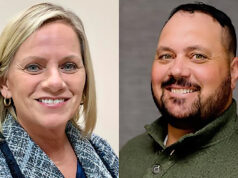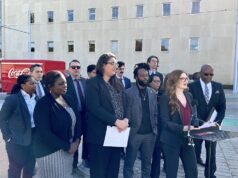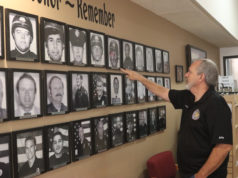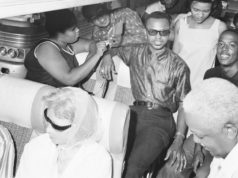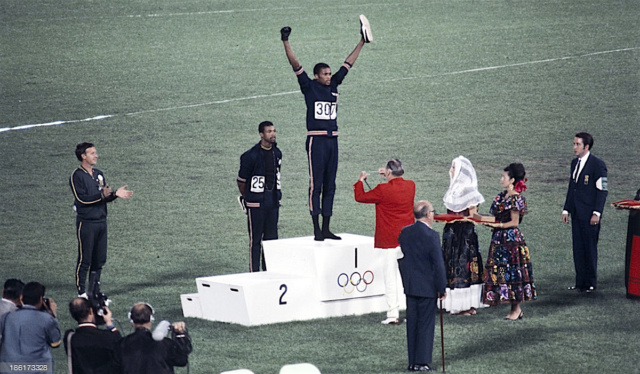

Many years after the protests of the Civil Rights Movement in the 1960s, we still regularly see instances of racism and prejudice alive in America.
The horrific images and stories of young African-American males dying from mistreatment within the justice system are all over newspapers, television and the internet. Social media has increased the masses’ ability to view and analyze these events within their networks of friends and family, and it has brought the conversation of race in America back to the forefront of social awareness.
Likewise, a key difference between now and the 1960s is that most anyone can use social media as a platform to discuss racial issues, and a wide diversity of people can comment on those issues.
Prominent athletes are also using their platforms to make statements and protests about America’s systems of racial inequality. At the 2016 ESPYs, Lebron James and friends emphasized that more needs to be done for social equality. More recently, Colin Kaepernick has protested by refusing to stand for the national anthem. Athletes using their positions in the public eye to draw attention to social injustice is not unprecedented. Furthermore, the dissent hurled at athletes about their activism is not new, either.
How far have we really come?
Let’s flash back to the 1968 Olympics in Mexico City where American athletes John Carlos and Tommie Smith — with support from Australian Peter Norman — staged a silent protest by raising their fists in the air.
Much like Kaepernick, Carlos, Smith and Norman received a multitude of dissent. Booing and racial slurs were hurled at them while on the podium. After the silent protest, both Americans were forced to leave the Olympic village and kicked out of the Olympics. The two were accused of making a sort of Nazi salute and even called an embarrassment to the country. Norman, meanwhile, was held off the next Australian Olympic team, and he wasn’t even invited to participate in the 2000 Sydney Olympics.
Kaepernick hasn’t lost his job like Smith and Carlos did, but unconfirmed rumors about him converting to Islam have been used to question Kaepernick’s patriotism and to suggest that his religious beliefs would alter his feelings toward the United States. In protesting, the quarterback has become a lightning rod much like the sprinters generations earlier.
Two events nearly 50 years apart, and yet they are greeted with similar hostility. Could it be that racial equality hasn’t progressed much since the 1960s?
Racial inequality means two Americas
With that being the question, the people of the United States seem conflicted about the progress and the importance of race relations in this election cycle.
A recent Pew poll shows that voters are at a near 50/50 split on whether race relations are an important issue in America right now. The uncertainty displayed in the Pew poll plays an important role in this election, where one candidate is accused of touting racist policies and the other has received criticism about past policies regarding crime and poverty. It’s interesting (to say the least) that racial inequality can be apparent to half the population while the other half seems to think we are in a post-racial era.
Social inequality is a complex issue facing society today, and to provide sufficient explanation on how it has become systemic has filled up many books and dissertations. In Oklahoma, however, we need look no further than demographics and social statistics to give us some indicators of systemic racism.
Prison, poverty disproportionately affect minorities
Oklahoma ranks second for the incarceration of African American males and first for incarcerating women. This is important. Once someone is placed into the prison system, it limits his or her ability to participate in the economy, often because the individual has unreasonably high fines and fees that they can’t afford to pay to the courts.
Additionally, the type of work available for someone who has been in the prison system negatively impacts his or her economic mobility. The jobs former convicts may be able to get typically pay minimum wage or only slightly more.
In our current economy, a minimum-wage job makes it very difficult for someone to support a family. From Oklahoma’s rankings on incarceration, we can also extrapolate that in some cases both parents may be in the prison system. This impacts so many aspects of their lives and their children’s lives.
Oklahoma also ranks near the bottom of the United States for its poverty rate, at 37th. In 2015, Oklahoma had about 16 percent of the population with incomes below the national poverty line for a family of four. The problem with poverty in Oklahoma doesn’t appear to be the result of joblessness. The unemployment rate is less than 5 percent. This indicates that people are working, but they just aren’t getting paid enough to be considered above the poverty line.
Poverty significantly affects minorities in Oklahoma. The statistics are staggering, with nearly one in three African Americans and Latinos earning below the poverty line, and nearly one in five Asian Americans and Native Americans. These statistics show inequity in Oklahoma where parts of the population are able to accumulate wealth to pass on to future generations. Limiting factors on economic mobility are numerous, but here we can clearly see connections between incarceration of people of color and women through poverty and the wealth divide.
Citizens need support to progress
We need to provide assistance to families so they can thrive rather than just survive. Assistance with childcare and income supplements, such as the earned income tax credit (EITC), are two policies that have helped families in Oklahoma. But the EITC is now non-refundable, which means it covers only what is owed on taxes.
Prior to this last legislative session, the EITC was refundable, meaning a person could receive the money from the program that was left over after their taxes. Many families will not have the cash relief they previously had and will need to find new sources to fill that gap. In Oklahoma, cash relief typically comes from sources that are less beneficial, such as payday loans. Oklahoma is ranked 50th for the percentage of people who use this type of loan to supplement their income. Payday loans or other high-risk forms of credit are seen as quick ways to get cash to pay off debts or bills. However, the loans end up pushing people deeper into debt owing to insurmountable interest and short deadlines for payment. It’s a vicious cycle that isn’t just bad for the families receiving the loans but also for the state economy.
Trapping people into cycles of debt and then offering them jobs with unlivable pay keeps them away from the things that many Americans dream about: purchasing a house, buying a car or going to college.
We really need to consider the future we would like for our families and children. Do we want a future where success is only exclusive to certain groups of people or levels of income?
It’s important for us, as individuals, to identify the policies and systems that are disproportionately targeting people of color. Progress should be defined as a system that supports its citizens regardless of race, gender, sexual orientation or socioeconomic status so that each person may be able to live the life he or she deems fit.









